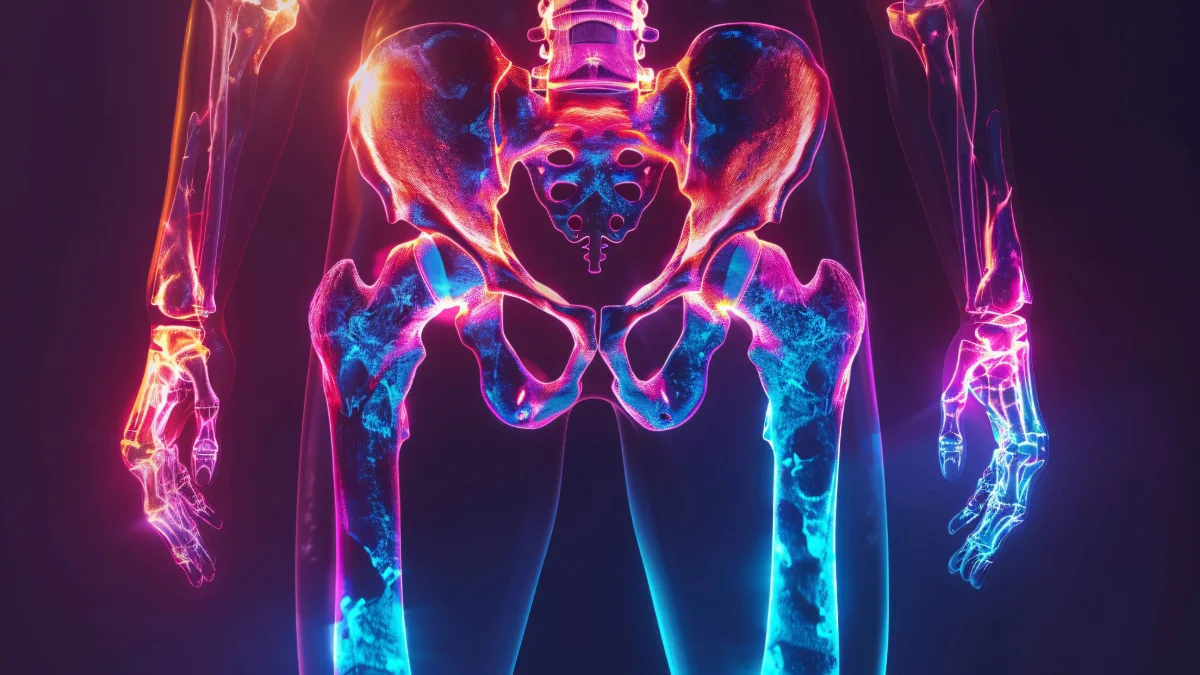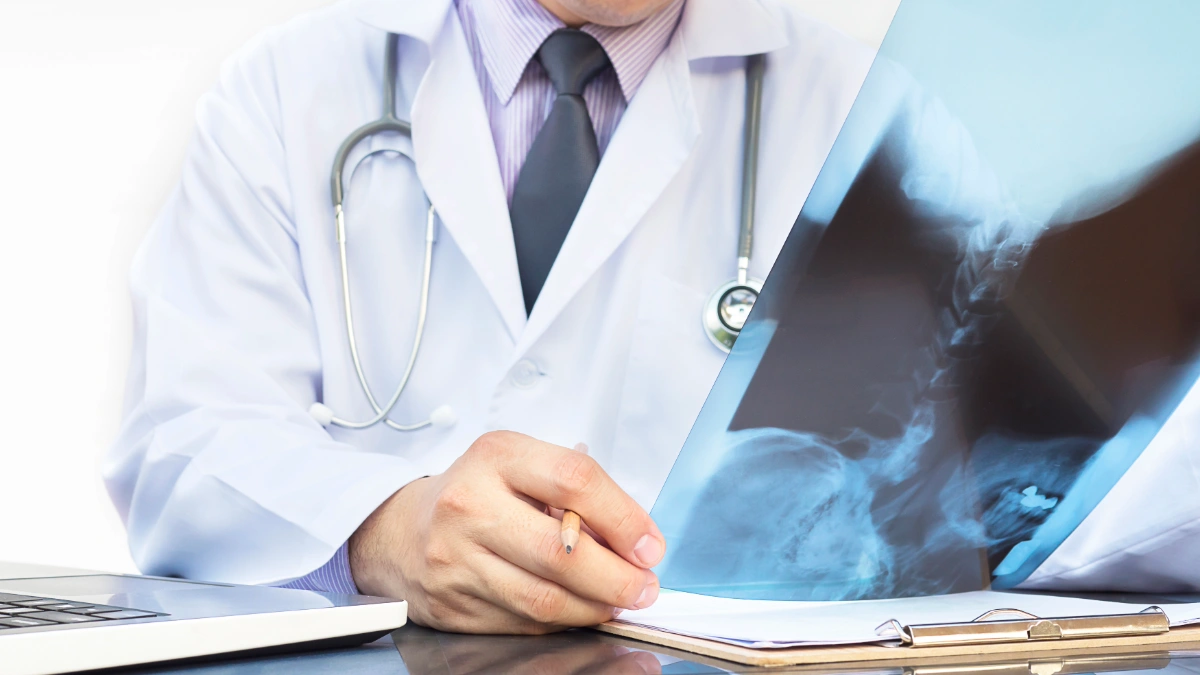Cancer diagnosis in Turkey has evolved significantly, incorporating advanced medical technologies and practices for early detection and precise treatment. Early detection of cancer is crucial, as diagnosing cancer in its early stages offers the best opportunity for successful treatment. In Turkey, healthcare providers use various methods to detect cancer, ranging from basic physical exams to state-of-the-art diagnostic technologies. The country’s robust healthcare infrastructure and well-established early-detection programs make it a top cancer diagnosis and treatment destination.
What is Cancer?
Cancer is a term used for diseases that involve abnormal cell growth and spread to other parts of the body. It begins when the body’s cells grow uncontrollably, forming tumours that can invade nearby tissues. While benign tumours don’t spread, malignant tumours are cancerous and can metastasize. Turkey has made significant strides in cancer research, diagnosis, and treatment. It offers advanced therapies, medical centres, and early detection programs for patients.
Why and How Do People Get Cancer?
Cancer develops through genetic mutations, environmental factors, lifestyle choices, and certain medical conditions. Common causes include:
- Genetic Mutations. Alterations in the DNA of cells may result in the development of cancer, either inherited or caused by exposure to carcinogens like radiation, chemicals, or viruses.
- Environmental Factors. Smoking, excessive alcohol consumption, exposure to air pollution, and UV radiation from the sun significantly increase the risk of cancer.
- Age. The risk of developing cancer increases with age, as older cells are more likely to accumulate mutations.
- Family History. Genetics play a role in some cancers, meaning those with a family history of cancer are at higher risk.
- Immune System Dysfunction: A weakened immune system can increase susceptibility to cancer.
- Hormonal Changes: Imbalances in hormones may influence the development of cancers such as breast and ovarian cancer.
Methods for Cancer Diagnosis in Turkey
Cancer diagnosis in Turkey involves a multi-step process that combines traditional and modern diagnostic methods. These methods include physical examinations, laboratory tests, imaging techniques, biopsies, and genetic testing, all designed to detect the presence and stage of cancer.
Physical Examination: The initial step often involves a thorough physical examination. Doctors may examine areas of the body for signs of cancer, such as unusual lumps, changes in skin colour, or enlargement of organs. If abnormalities are detected, further tests are ordered.
Laboratory Tests: Blood and urine tests are routinely used to help detect abnormalities that may indicate cancer. Tumor markers, for example, are substances found in blood or urine that can suggest the presence of certain cancers. Tests such as the Complete Blood Count (CBC) or tests for specific tumour markers help doctors assess the patient’s overall health and identify potential cancerous growths.
Imaging Tests
It plays a critical role in diagnosing cancer, allowing doctors to visualize tumours and their spread. Some of the most common imaging tests include:
- CT Scan (Computed Tomography): This provides detailed cross-sectional images of organs and tissues, helping doctors locate and measure tumours.
- MRI (Magnetic Resonance Imaging): MRI is particularly useful for diagnosing cancers in soft tissues, such as the brain and liver.
- Ultrasound: This non-invasive procedure uses sound waves to create images of the body, commonly used for detecting tumours in the abdomen or pelvis.
- X-rays: Traditional X-rays are still used to diagnose lung cancer, bone cancers, and other abnormalities.
- PET Scan (Positron Emission Tomography): This advanced imaging technique is used to observe cancer’s spread in the body and assess the effectiveness of treatments.
Biopsy: A biopsy involves removing a small sample of tissue from the suspected tumour to examine it under a microscope. This is often the only definitive way to confirm the presence of cancer. Various biopsy methods include needle biopsies, endoscopic biopsies, or surgical biopsies, depending on the tumour’s location.
Genetic Testing: Genetic testing has become an essential tool for diagnosing and assessing cancer risk. Testing for inherited mutations, such as BRCA1 and BRCA2 genes associated with breast cancer, can provide vital information for both diagnosis and treatment planning.
Advantages of Cancer Diagnosis in Turkey
Turkey’s healthcare sector has witnessed remarkable growth, with world-class medical facilities and skilled professionals in the field of oncology. Several factors make Turkey an attractive destination for cancer diagnosis and treatment:
- Advanced Technology: Turkey has invested heavily in modern diagnostic equipment, providing high-quality imaging and laboratory services. Hospitals across the country use the latest diagnostic technologies to ensure early and accurate cancer detection.
- Skilled Oncologists: Turkey is home to a growing number of internationally trained oncologists who specialize in diagnosing and treating a wide range of cancers. Their expertise ensures that patients receive the best possible care.
- Affordable Healthcare: Compared to many Western countries, healthcare in Turkey is highly affordable, making it a popular choice for medical tourism. Patients can access top-tier diagnostic services and cancer treatments at a fraction of the cost they would incur abroad.
- Comprehensive Care: From diagnosis to treatment, Turkey provides comprehensive cancer care, including surgery, chemotherapy, and immunotherapy, all in one location. Many hospitals offer personalized treatment plans that cater to the specific needs of each patient.
The Importance of Early Cancer Detection
Early detection of cancer is critical in increasing the chances of successful treatment and survival. By identifying cancer in its earliest stages, it is often possible to treat it before it spreads, offering a higher probability of a cure. Turkey’s commitment to early detection programs, coupled with its advanced diagnostic methods, ensures that individuals can catch cancer early and begin treatment as soon as possible.
Conclusion
Cancer diagnosis in Turkey is supported by state-of-the-art technologies, expert medical professionals, and a comprehensive approach to early detection. Avicenna International Hospital in Istanbul stands as one of the leading medical institutions in Turkey for cancer diagnosis and treatment. The hospital provides state-of-the-art diagnostic tools and comprehensive care, ensuring that patients receive the best possible treatment from the moment they seek help. With advanced imaging technologies, genetic testing, and expert oncologists, Avicenna International Hospital specializes in early cancer detection, enabling timely intervention and improved treatment outcomes.
Yes, Turkey is known for its advanced medical facilities and specialized cancer centres, offering high-quality care with cutting-edge technologies and skilled oncologists.
Australia has the highest rate of cancer diagnoses per capita, followed by countries like New Zealand and the United States.
Cancer is diagnosed through a combination of methods including medical history review, physical examinations, imaging tests (CT scans, MRIs, etc.), biopsies, and laboratory tests.
The most common cancer in Turkey is breast cancer, followed by lung and colorectal cancer.







